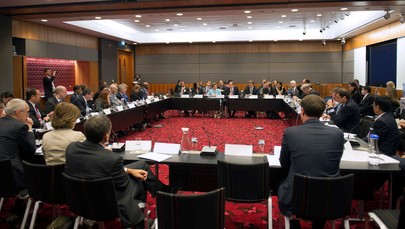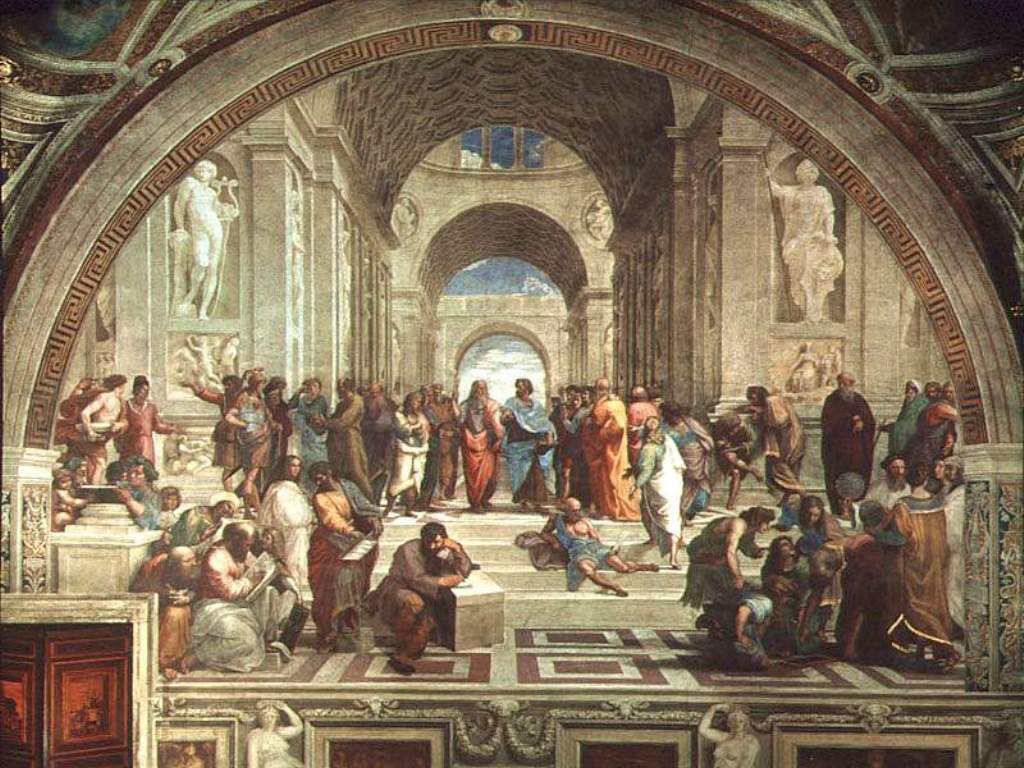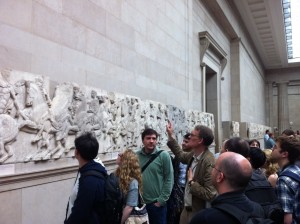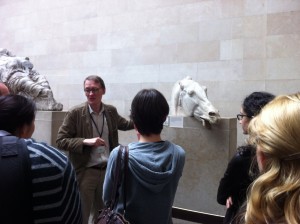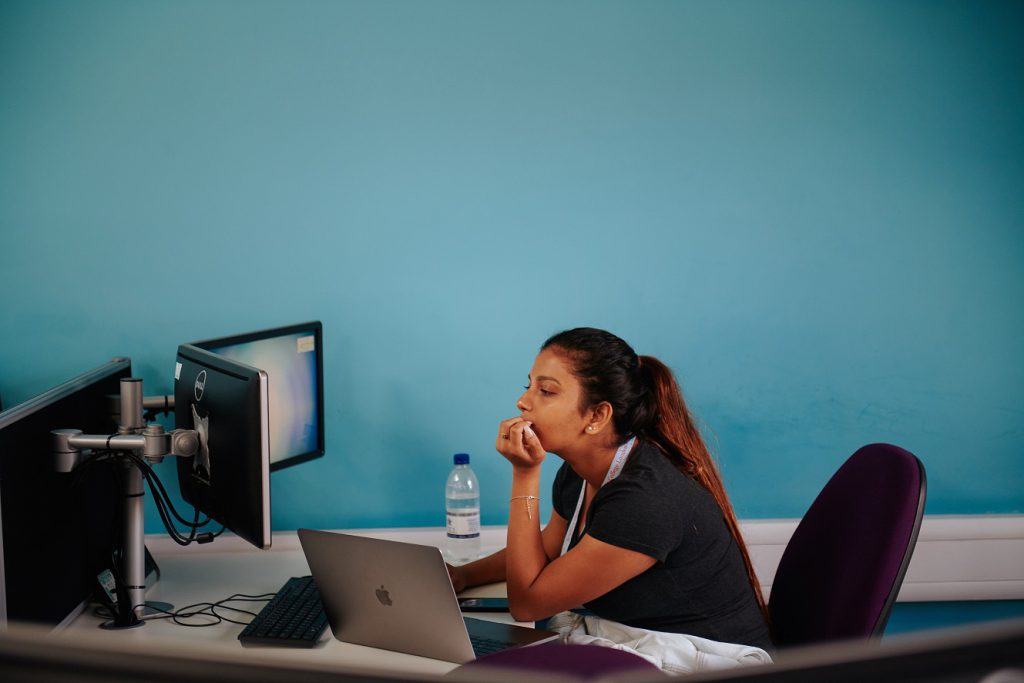 Some exciting news to begin 2019 is the launch of the new Software Performance Engineering (SPE) two week short-course. Based on real-world industrial case studies, students will study three aspects of SPE:
Some exciting news to begin 2019 is the launch of the new Software Performance Engineering (SPE) two week short-course. Based on real-world industrial case studies, students will study three aspects of SPE:
- The theoretical foundations of software performance: how to model, test, analyse, and predict it;
- Tool support helping model and analyse the performance of new software products; and
- Methodological considerations, especially how to integrate a systematic SPE discipline into modern-day agile development practices.
We spoke with SPE Senior Lecturer, Dr. Steffen Zschaler, from the Department of Informatics at King’s College London who expressed his excitement about the course.
‘Software is ever more important to every aspect of our lives. Issues with software performance can have huge impacts on people’s lives—for example, people have had their wedding plans thrown into disarray because failure of card-payment software system meant they couldn’t pay providers. Still, we continue to see reports of new high-level failures at a regular rate. Join us to learn how you can apply a systematic performance engineering process to avoid many of these problems in your own software development.’
Applicants should be current Computer Science students who have completed at least one year of study. The programme will run for two weeks, from 1-12 July and it is an opportunity for students interested in this field to further develop their knowledge.
Do you want to know more? Please visit our website for more information about the programme.
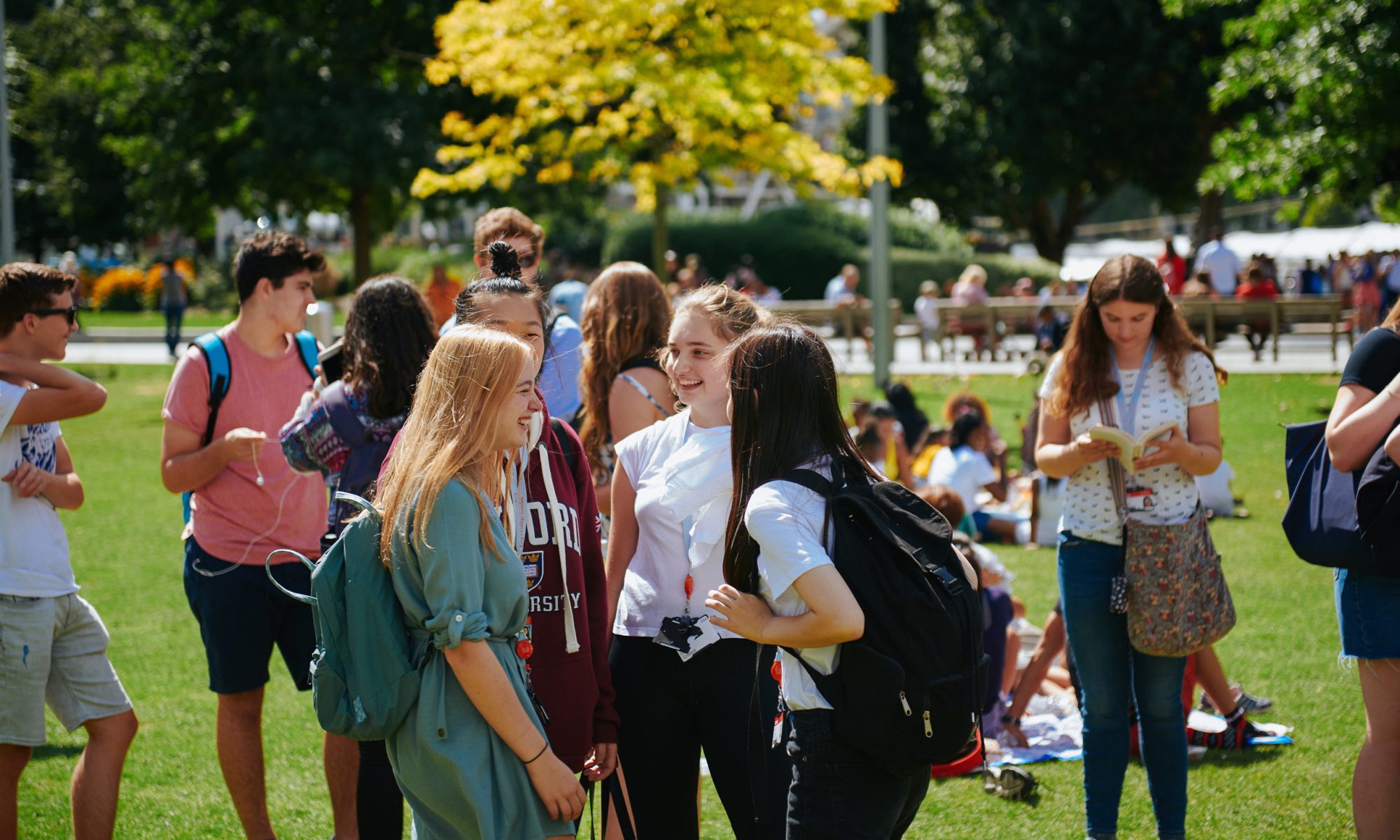
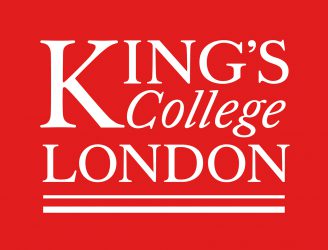




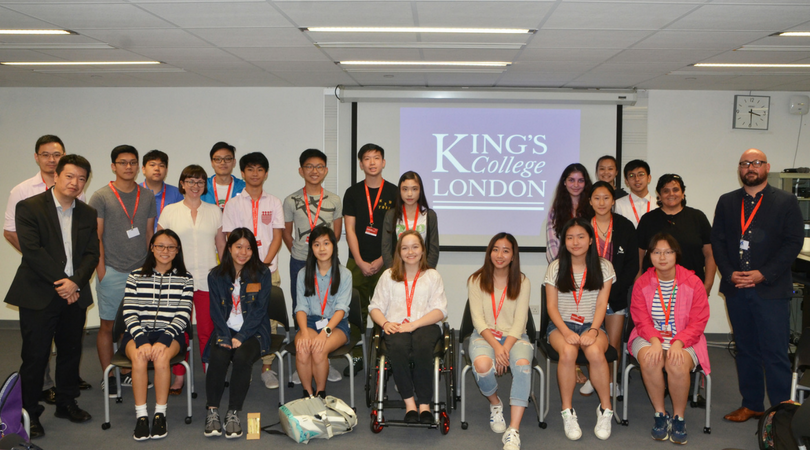
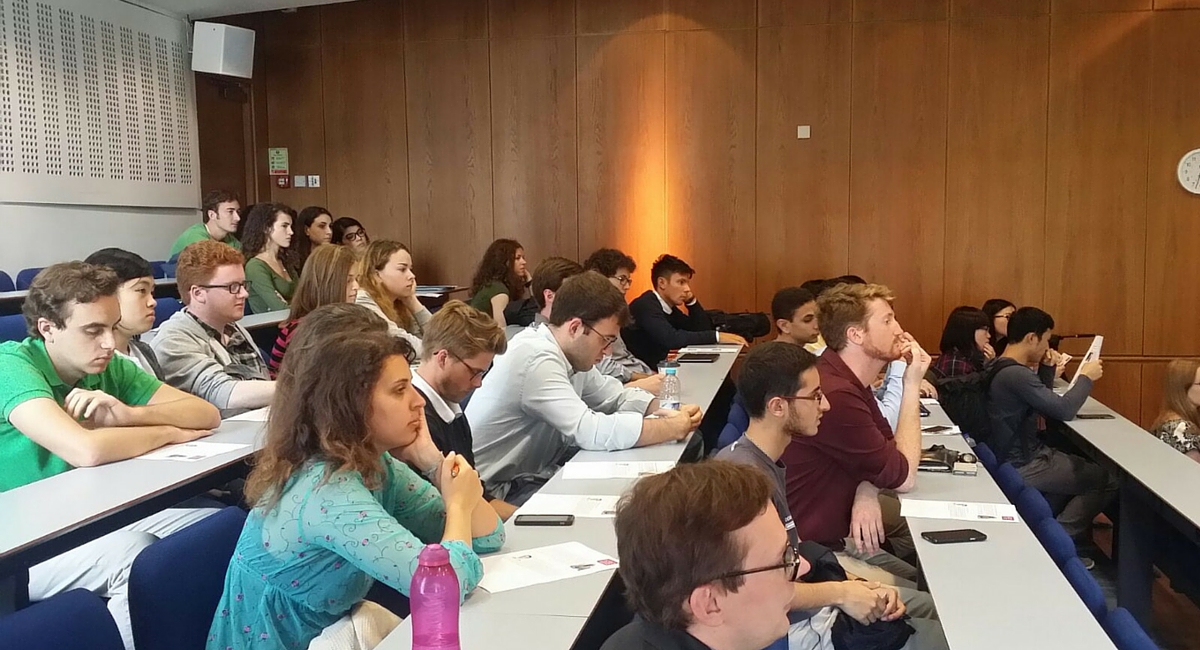 During Session One of the
During Session One of the 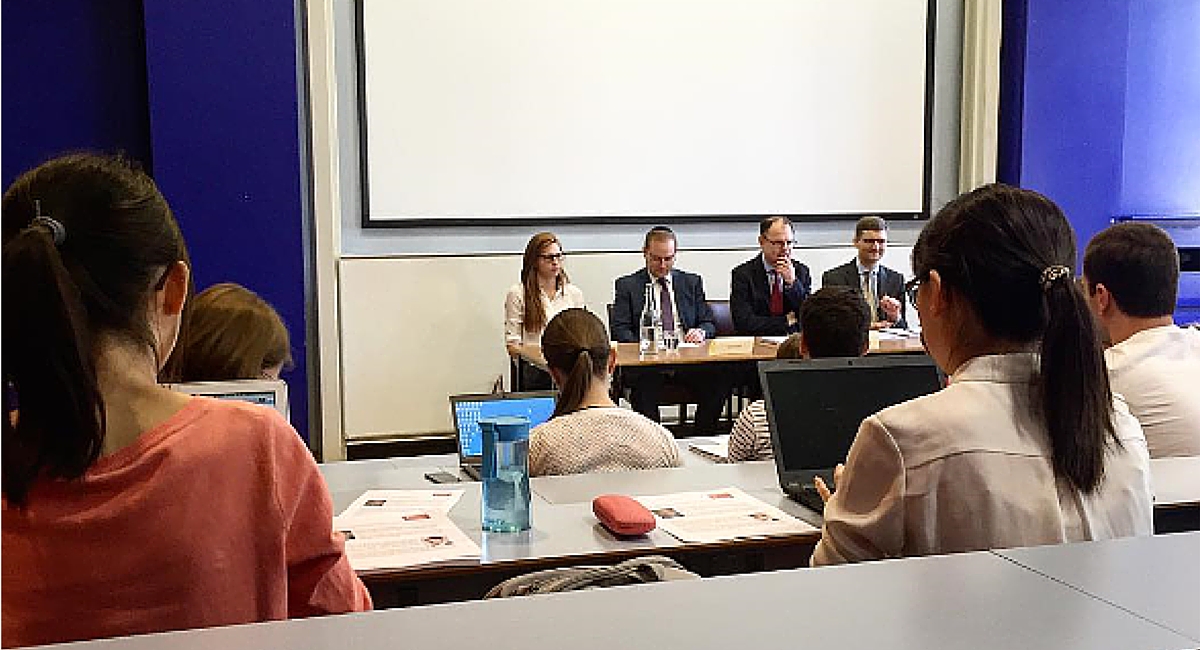
 The
The 




